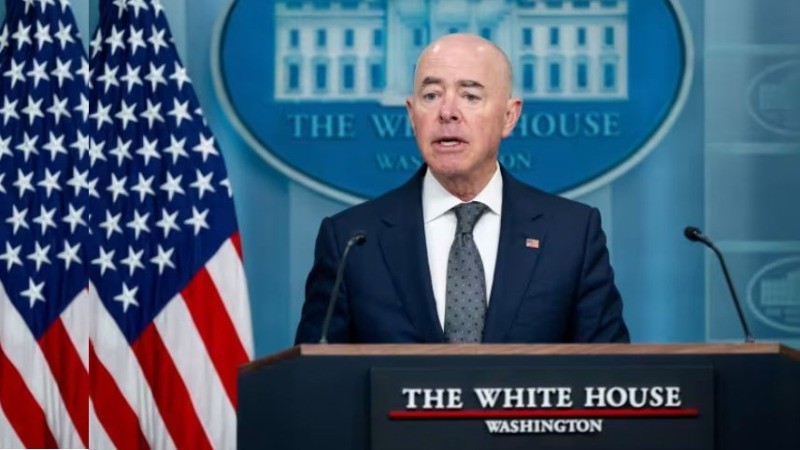
Washington, DC: The United States Department of Homeland Security (DHS) has announced the addition of 29 Chinese companies to the Uyghur Forced Labor Prevention Act (UFLPA) Entity List. This update was made on behalf of the Forced Labor Enforcement Task Force (FLETF), bringing the total number of companies on the list to 107. This action is part of ongoing efforts by the US to combat forced labor in global supply chains, particularly in China's Xinjiang Uyghur Autonomous Region (XUAR).
The UFLPA, which came into effect in 2022, seeks to prevent the import of goods produced with forced labor, especially from regions known for human rights violations, such as Xinjiang. DHS Secretary Alejandro N. Mayorkas emphasized the US's strong commitment to enforcing the act, highlighting the aim to hold accountable any company engaged in forced labor practices and protect US markets from exploiting vulnerable populations, notably Uyghurs and other ethnic minorities.
The newly added entities largely operate within agriculture, manufacturing, and electronics sectors. They are suspected of either sourcing materials from Xinjiang or collaborating with the Chinese government in utilizing Uyghur labor. Among the listed firms are Tianjin Tianwei Food Co, known for sourcing tomatoes from Xinjiang, and Xinjiang Zhonghe Co, allegedly partnering with local authorities to involve Uyghurs in forced labor programs.
The updated list also includes companies from the mining sector, such as Xinjiang Nonferrous Metals Industry Group and its affiliates, accused of using forced labor for extracting valuable resources like lithium and gold. These actions are based on ongoing investigations revealing significant evidence of forced labor practices in the region.
With these new measures, US Customs and Border Protection (CBP) will presume that goods produced by the newly listed companies cannot enter the US unless the firms can provide solid proof that their products were not made with forced labor. This step is in line with the Biden administration's pledge to uphold human rights and ensure ethical sourcing in international trade.
Since the UFLPA's implementation, CBP has reviewed over 10,000 shipments, totaling more than $3.6 billion, marking considerable progress in preventing goods produced with forced labor from entering the US. DHS officials, including Secretary Mayorkas and Robert Silvers, Under Secretary for Policy and FLETF Chair, emphasized the need for industry responsibility. They urged companies to scrutinize their supply chains and commit to ethical practices.
"The United States will not tolerate forced labor in products entering our markets," said Silvers. "The UFLPA is a powerful tool, and we are using it to its full potential." The DHS remains focused on targeting companies involved in human rights abuses, highlighting the US government's dedication to eliminating forced labor and encouraging a fairer global trade system.
UN Faces Uncertainty as Trump Returns to US Presidency
Trump Appoints Rep. Elise Stefanik as U.S. Ambassador to United Nations